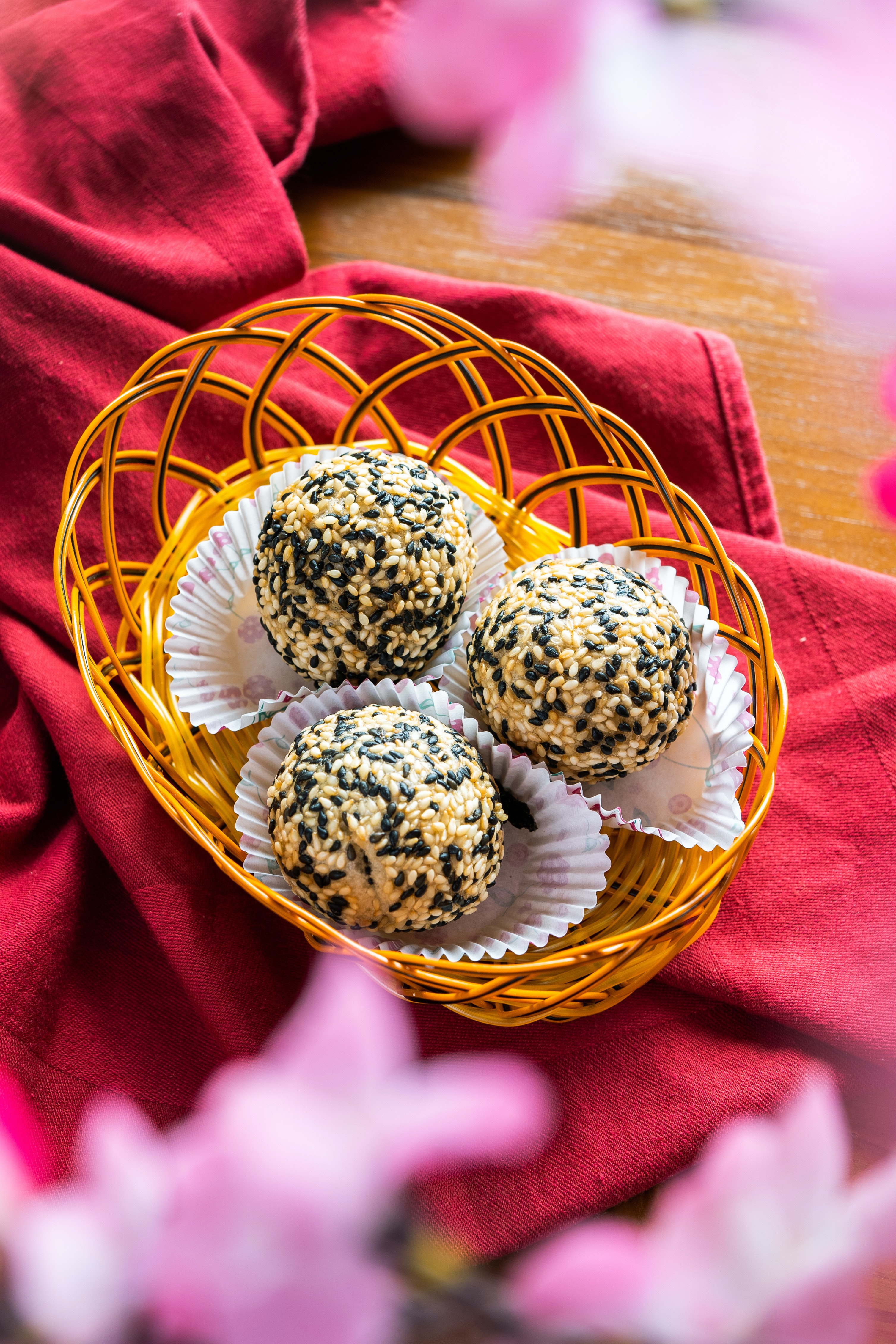Sesame seed plants are one of the oldest crops that have been harvested for oil with the plant being domesticated for oil production well over 3000 years ago. Sesame seeds and sesame oil is widely used in Asian cooking and the bulk of the production of this product occurs in Southeast Asia. So if you are thinking of adding it to your food you may be wondering whether sesame seeds are gluten-free.
Sesame seeds are completely gluten-free and safe for coeliacs to eat so they can be added in their pure form to dishes without a problem. However, if you are purchasing products based on sesame seed such as sesame seed snack bars you will need to double-check the ingredients as some of the materials added may contain gluten.
The simplest way to identify whether a manufactured product contains gluten is to check the ingredients list at the back of the packaging which in most countries requires manufacturers to disclose any allergens that are present including gluten, nuts, soy, and lactose.
As a result of this most manufacturers declare the individual components within a manufactured product as well as sometimes include an allergen declaration statement at the end of the ingredients lists.
However, it is important to note that there are a few exceptions relating to the labeling laws which may allow you to eat products manufactured with sesame seeds. The first consideration is that many manufacturers that do not specialize in the production of gluten-free products may place a statement at the end of the ingredients list such as “This Product May Contain Gluten”.

Typically, this is done in cases where the product may be gluten-free but is manufactured in a factory that produces gluten-containing products as well. If you see a statement like this it is normally ok to eat.
The other exception that commonly appears is when sugars such as glucose and dextrose are derived from wheat-based products which the manufacturers need to declare. However, due to the extent of processing that occurs in the production of the sugars any gluten that was present has been removed so as a general rule any sugar with “ose” on the end is safe for coeliacs to eat even though it has been derived from wheat.
Is Eating Sesame Seeds Good For You?
Sesame seeds are quite a healthy food to eat according to web MD which states that sesame seeds typically contain a relatively high-fat content of approximately 43%. However, these fats are the good ones that help to reduce cholesterol and decrease the risk of certain cancers. In addition to this sesame seeds are an excellent source of magnesium and calcium and also contain a range of other minerals such as zinc, iron, and vitamin B1.
Is Sesame Oil Gluten Free?
Sesame seed oil which is derived from sesame seeds is inherently gluten-free because the underlying seed is also gluten-free. However, the one thing you do need to watch for with being gluten-free is ensuring that only gluten-free things are cooked in the oil as cross-contamination between gluten-containing products can occur if the oil is shared.

How Does Sesame Oil Compare To Other Oils?
Sesame seed oil is a moderately healthy oil that has a smoke point of approximately 350F (177C). The smoke point is in the middle of the range of available oils with there being some oils with smoke points just above 220F (100C) and others with extremely high smoke points, up around 450 to 500F (over 200C).
The smoke point is the temperature at which the oil starts to discolor and develop a smoky flavor which can taint the flavor of the oil relatively quickly. Generally, those oils with higher smoke points are more flexible in terms of the cooking methods you can use to reduce food.
Are All Seeds Gluten Free?
The vast majority of seeds that you can purchase commercially are gluten-free. The only exceptions to this are seeds that have been treated with other things or made into finished products of some sort where there is potential for gluten-containing materials to be added.
The only exception to this is the main grains that contain gluten which include wheat, rye, oats, and barley. The whole grains produced from these plants can be considered to be seeds though they are often not classified as one.
Relevant Articles
Does Gluten Free Flour Take Longer To Bake? What Is The Reason?

Comments are closed